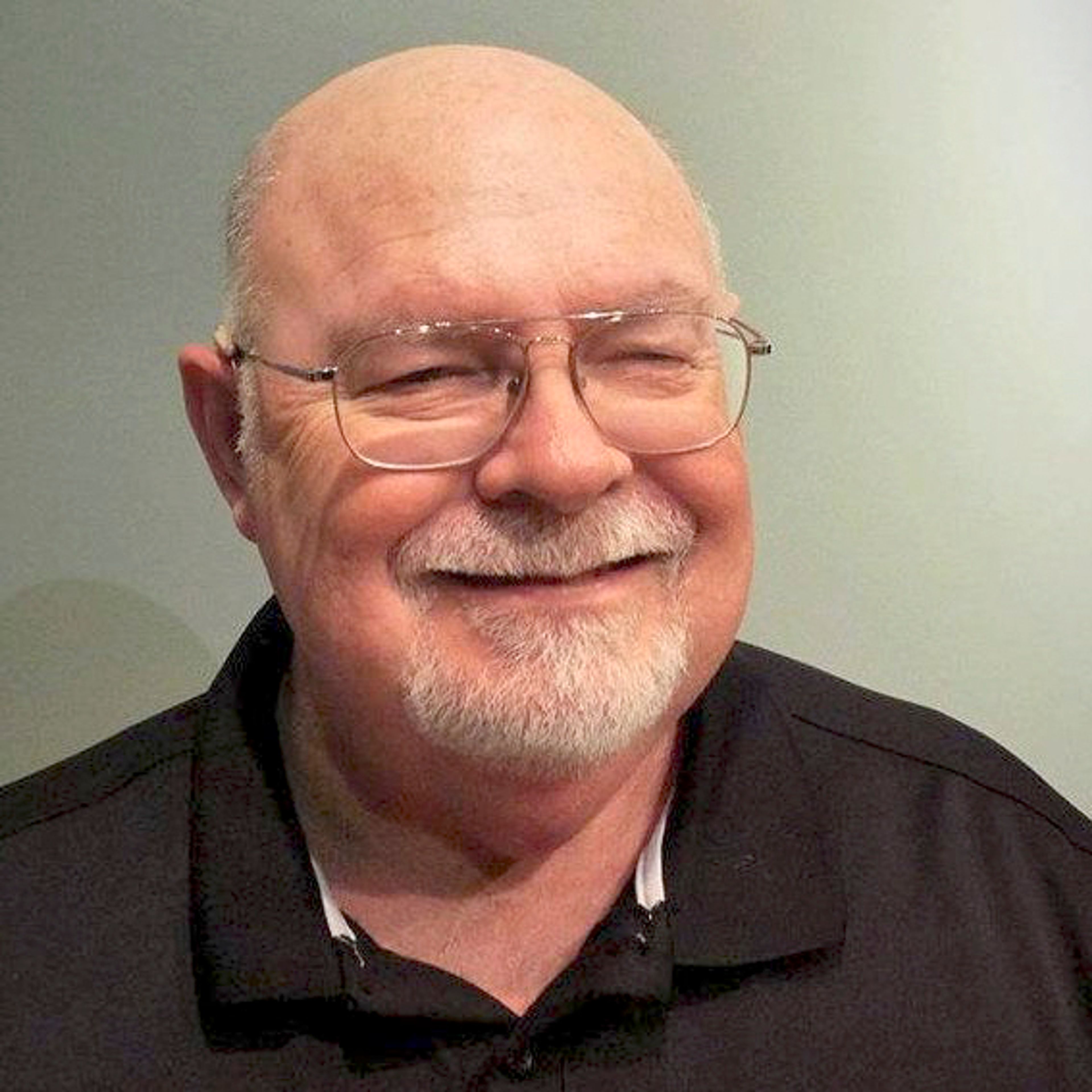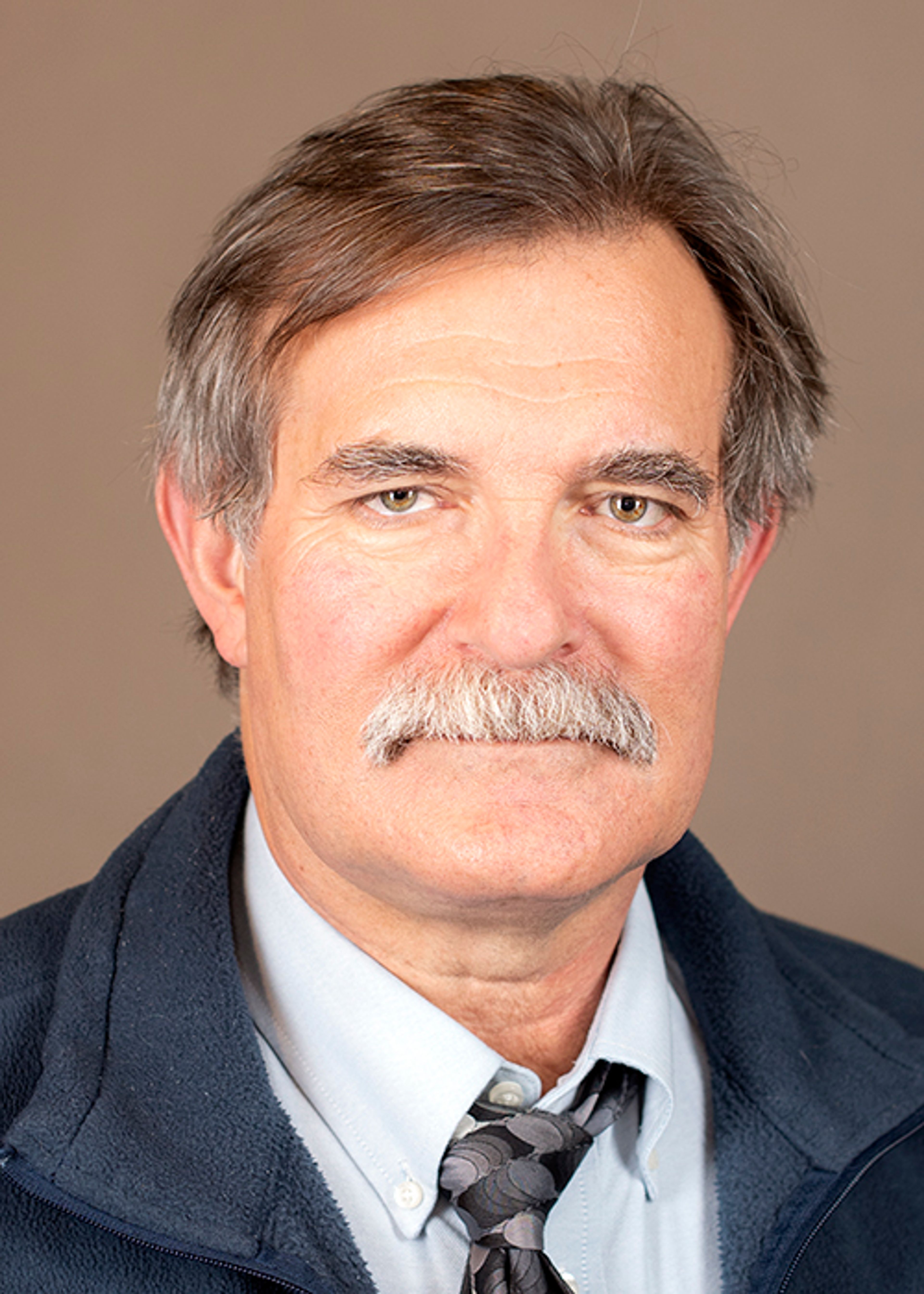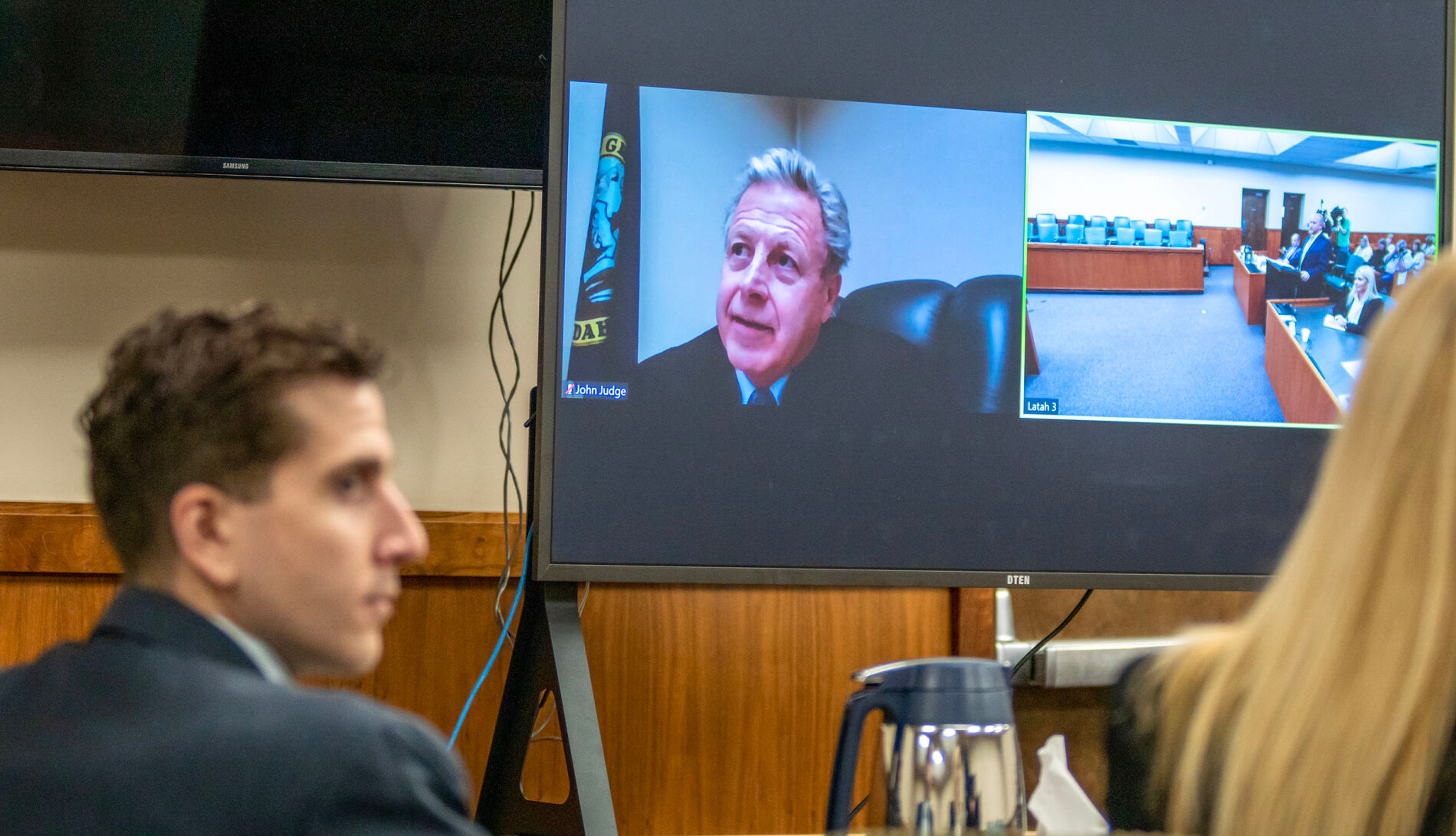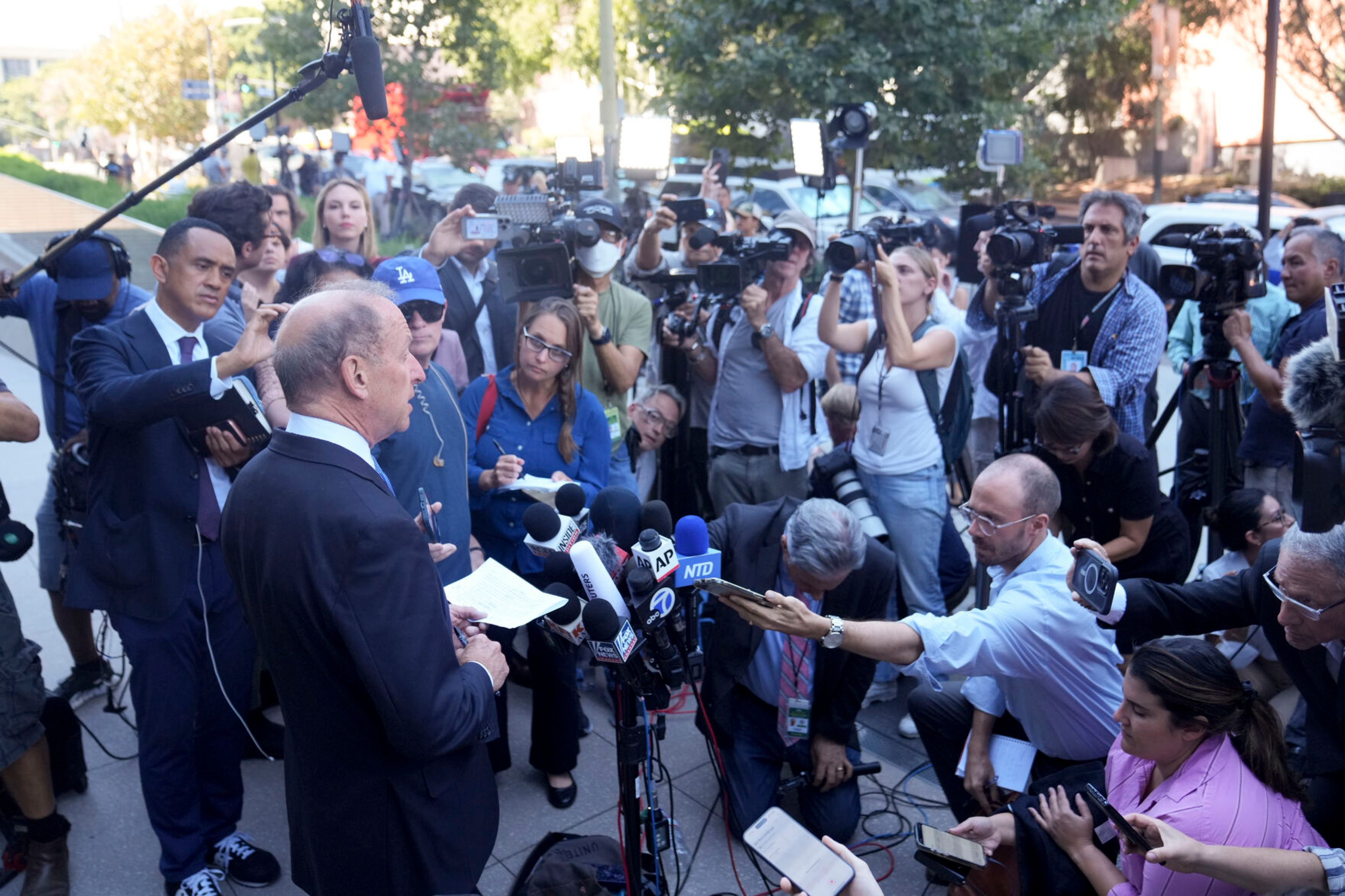This editorial was published by the News Tribune of Tacoma.
———
County sheriffs are elected to enforce laws adopted through the legislative process and ballot box, no matter if they like them. Sheriffs are not elected to write laws, nor prosecute them. And they’re certainly not elected to act like judges with badges, deciding by fiat which laws to uphold or ignore.
That’s why Washington residents should be distressed by a growing parade of sheriffs who’ve said they won’t enforce Initiative 1639, the gun-safety measure ratified by 59 percent of voters in the Nov. 6 election.
The law — a panoply of new regulations for enhanced background checks, firearm education and gun storage — is set to go into effect in July. The most sensible part, stricter age limits for assault-weapon purchases, went into effect in January.
We hope the courts address lingering questions without delay, and that rebellious law-enforcement chiefs stand down as the initiative moves through the legal system.
The number of agitators is now in double digits; sheriffs in more than 10 of the state’s 39 counties — mostly east of the Cascades, but also in the state’s southwest corner — have said they won’t enforce I-1639.
Fortunately, some moderate voices have emerged amid the commotion. One belongs to Paul Pastor, Pierce County’s sheriff of 18 years.
In a statement to our editorial board this week, Pastor said he believes the initiative was poorly written. He’s particularly concerned that new safe-storage mandates could create liability for gun-theft victims and deter people from reporting crimes.
That said, Pastor refuses to stir the pot, assume the role of armchair constitutional scholar or be muscled by either side of the Second Amendment debate.
“I am not about to suddenly revise my position on this matter based on popular sentiment,” he said. “I am not about to be intimidated by those who approve of 1639 or those who oppose it. I do intend to let the courts settle the issue and proceed from there.”
Thurston County Sheriff John Snaza made similarly measured comments in a radio interview this week. “Am I supportive of (I-1639)? No. Am I going to enforce it? Yes.”
Meanwhile, Spokane County Sheriff Ozzie Knezovich didn’t hold back criticism of “grandstanding” sheriffs who are circulating anti-1639 letters. While he believes the initiative is virtually unenforceable and threatens Fourth Amendment protections, he won’t abide sheriffs pressuring other sheriffs to cave in.
“This is too important of an issue to do that garbage,” Knezovich told the Spokesman-Review. “If these sheriffs really want to have an impact, get a hold of an attorney and file a lawsuit to stop this unconstitutional law.”
In fact, a legal fight is already underway. Nine days after the election, the National Rifle Association and the Second Amendment Foundation filed suit in U.S. District Court.
We strongly support I-1639 — now more than ever, after the voters spoke — but recognize the courts may have something to say about it. That’s preferable to a posse of sincere but misguided sheriffs who risk coming across as handmaidens for the NRA.
The Second Amendment is well worth defending. But barring an order from the judicial branch, I-1639 is the law and law enforcement officers should not willfully disregard it.
Among the resisters are sheriffs from Benton, Douglas, Grant, Grays Harbor, Klickitat, Lincoln, Okanogan, Pacific, Stevens, Wahkiakum and Yakima counties.
Some have remarked that I-1639 was approved by only 14 counties and that theirs opposed it — an argument that thrills gun-rights activists, but won’t hold up in court.
What our state needs right now is less provoking of east-west, rural-urban divisions and more respect for the boundaries of elected office.
And if Pierce County’s sheriff has anything to say about it, we could also benefit from more listening and less objecting.
“I may have some views which agree with critics of 1639 and some views which disagree with them,” Pastor told us. “I have stated my views and have listened to the views of others. But I am not going to register objections on constitutional grounds until those grounds are established by the courts.”








